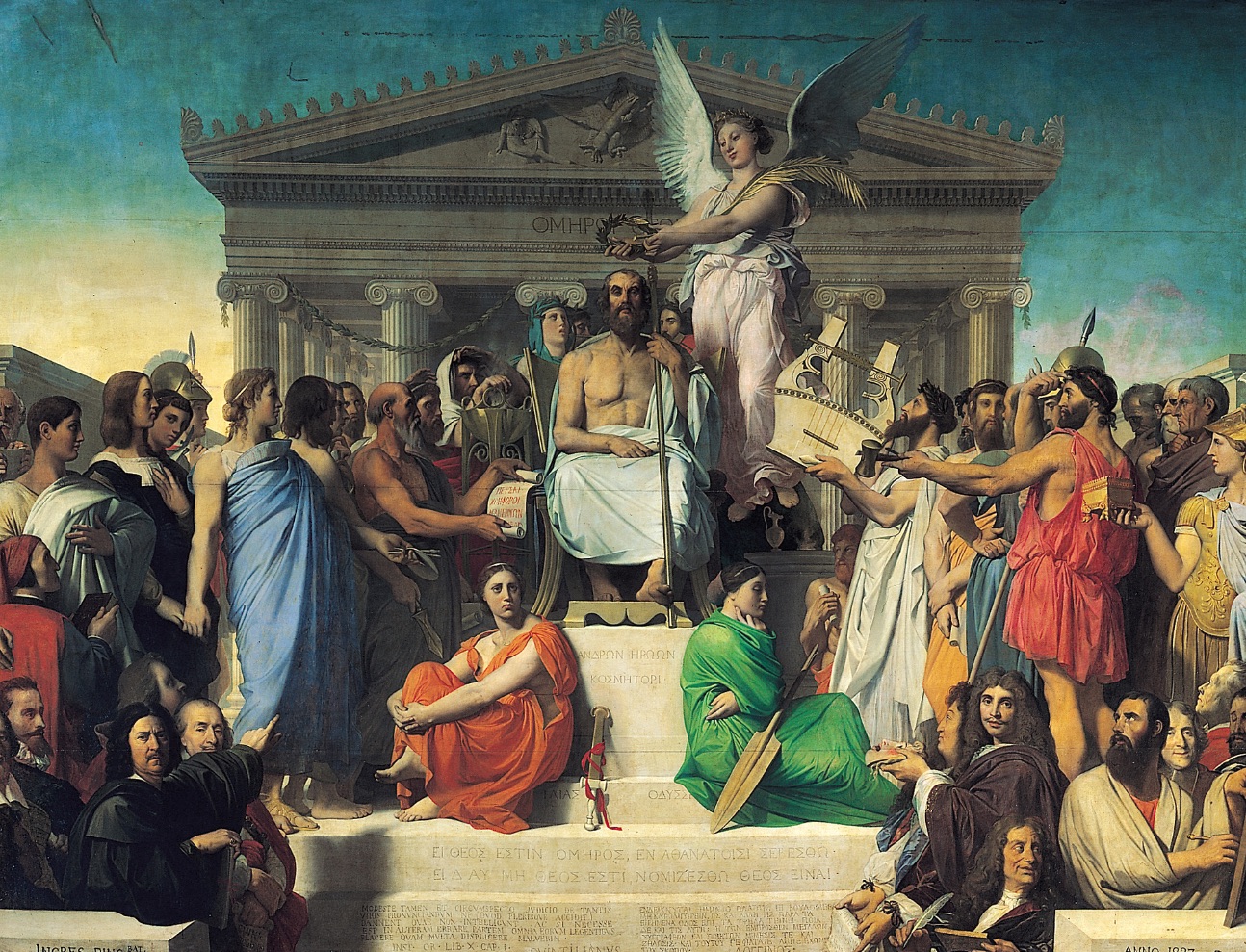
Ancient Narrative Techniques. Receptions from the Middle Ages to the Present Day (Freibourg, Allemagne)
PONTES XI, Freiburg, 26–28 September 2024
Ancient Narrative Techniques – Receptions from the Middle Ages to the Present Day
Reception studies have dealt with many content-related and formal characteristics of ancient literature – from topics and characters to individual works and genres to motifs and style. However, the reception of ancient narrative techniques has been comparatively neglected. There is a whole range of such techniques that have been imitated, adapted and newly conceptualized following models from ancient literature. Examples include:
- the arsenal of epic techniques such as the invocation of the Muse, proems in the middle, catalogues, ‘typical scenes’, the divine apparatus, in medias res, apostrophes to characters (e.g. Reitz/Finkmann 2019)
- characteristics of predominantly novelistic literature such as alternating narrative strands, recapitulations, editorial fiction (Herausgeberfiktion), stories within the story (e.g. Hägg 1971)
- cross-genre techniques such as the author’s concluding statement on his own behalf (sphragis), metalepsis (Kuhn-Treichel 2023), particular configurations of authorial commentaries or speech representation (Jong et al. 2004-2022)
- Metaphors of narration, e.g. as ‘weaving’, ‘illuminating’ or ‘navigating’ (Klotz 2007)
The conference aims to collect examples of the reception of ancient narrative techniques from the Middle Ages to the present day and thus lay a foundation for further research in this field. The terms ‘narrative’ and ‘narrative technique’ will be understood in a broader sense. Not only the epic genres of epic and novel are considered ‘narrative’, but also, for instance, narrative lyric poetry, historiography or narrative passages in drama (for the possible range, see Jong et al. 2004–2022). The term ‘narrative technique’ refers not only to phenomena that originated in narrative literature or only occur there, but to all devices that came to play a prominent role in narratives. Criteria for the relevance of contributions are the link to formal narrative techniques and an argument in favour of direct or indirect reception as opposed to mere parallels. Reception can, of course, also be traced via chains of reception. Studies of transmedial adaptations such as in ‘Petersen’s epic technique’ (Kofler/Schaffenrath 2008) are also welcome.
References
- Hägg, Tomas: Narrative Technique in Ancient Greek Romances: Studies of Chariton, Xenophon Ephesius, and Achilles Tatius, Stockholm: Svenska Institutet i Athen 1971.
- Jong, Irene de et al. (Hg.): Studies in Ancient Greek Narrative, 5 vols., Leiden: Brill 2004–2022.
- Klotz, Volker: Erzählen: Von Homer zu Boccaccio, von Cervantes zu Faulkner, Munich: Beck 2006.
- Kofler, Wolfgang / Schaffenrath, Florian: ‘Petersen’s Epic Technique: Troy and Its Homeric Model’, in Return to Troy: New Essays on the Hollywood Epic, ed. by Martin M. Winkler, Leiden: Brill 2015, 86–107.
- Kuhn-Treichel, Thomas: Metaleptische Bilder des Erzählens: Von der Antike bis zur Gegenwart, Berlin: De Gruyter 2023.
- Reitz, Christiane / Finkmann, Simone: Structures of Epic Poetry, 3 vols., Berlin: De Gruyter 2019.
—
Practical information
Proposals and registration: Paper proposals, containing a provisional title and an abstract of a few sentences, should be sent to stefan.tilg@altphil.uni-freiburg.de or stefano.poletti@altphil.uni-freiburg.de by 31 March 2024. Participants who will not give a paper do not need to register.
Accommodation and travel: Unless otherwise requested, accommodation will be booked and covered by the organizers. If travel costs cannot be reimbursed by the home institution, we will make every effort to cover tickets as well.
Venue: Co-Creation-Raum, Alte Universität, Bertoldstaße 17, 79098 Freiburg
Format: 30 minutes paper + 15 minutes discussion. Papers can be in English or German.
Publication: The papers will be published in an edited volume of the PONTES series (Rombach Wissenschaft-Verlag, Baden-Baden).
—
The PONTES conferences on the reception of Classical Antiquity were founded in 1999 by Karlheinz Töchterle and Martin Korenjak. They took place biannually until 2011 and have been organized triennially since then. Conference venues have been Innsbruck, Bern, and Freiburg, where the PONTES will return to in 2024.